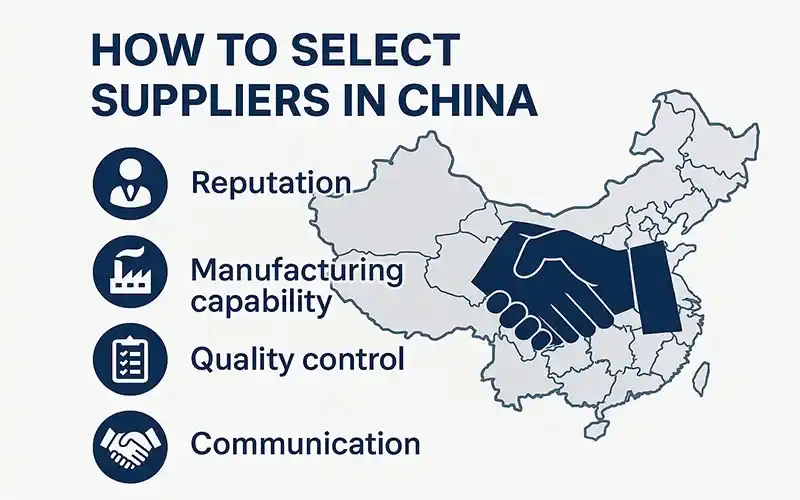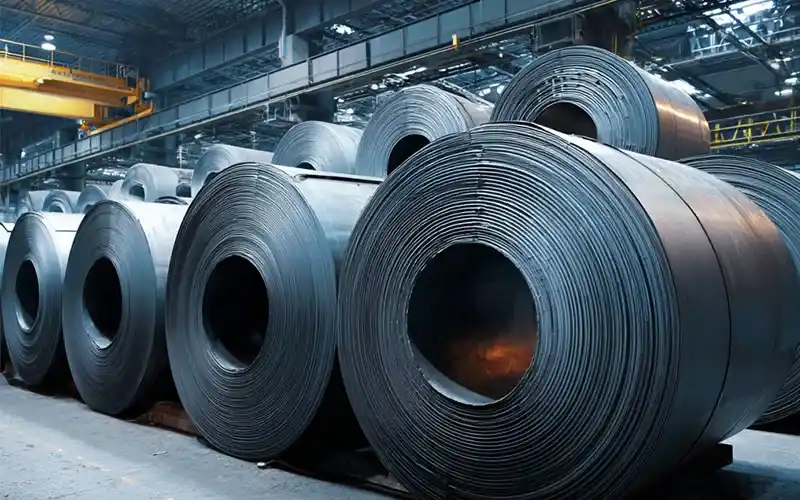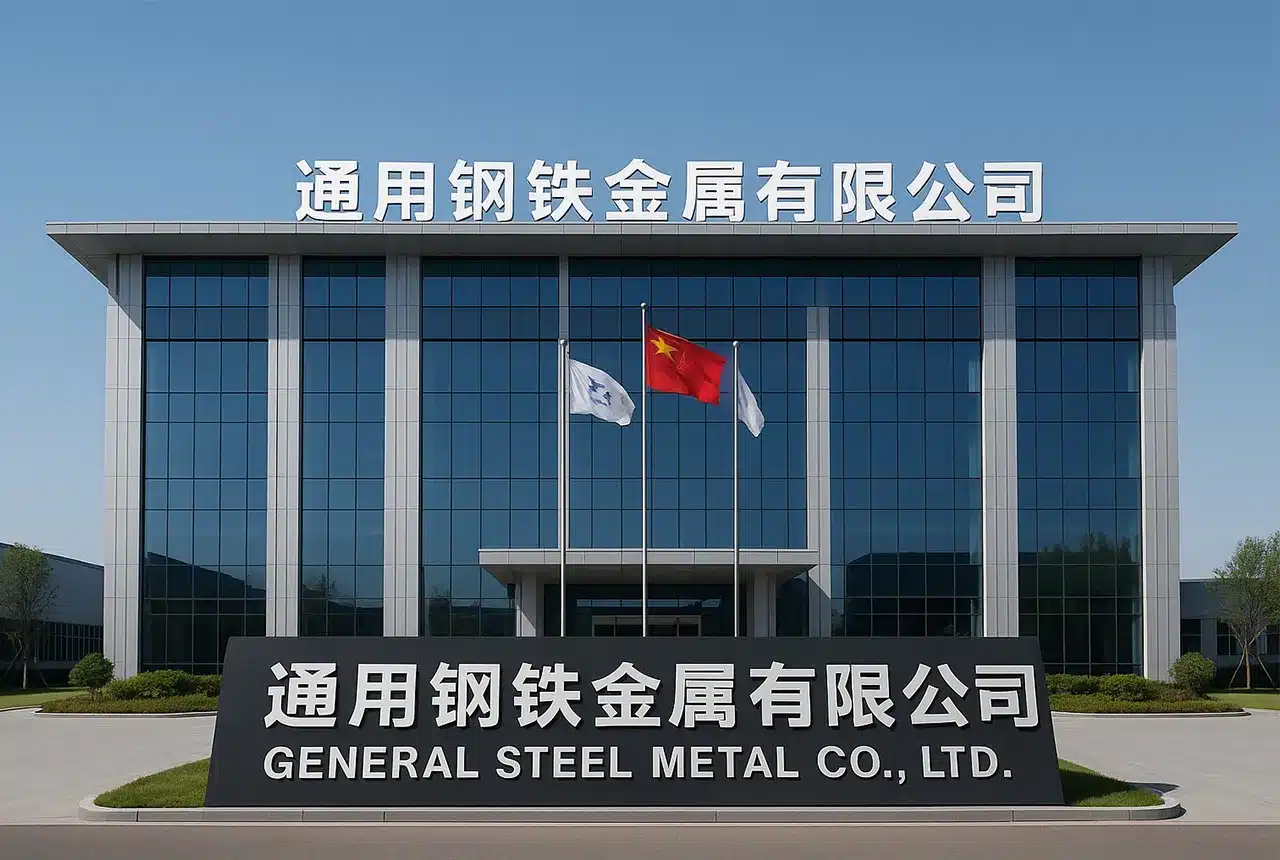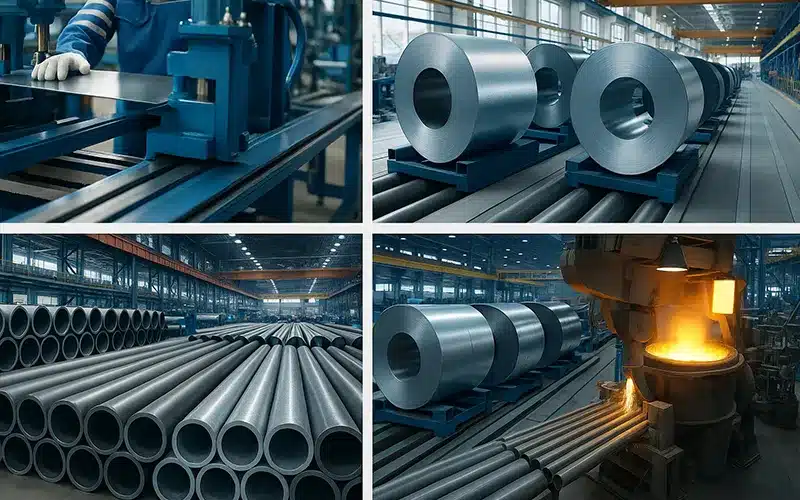🏗️Why Compare Steel Suppliers Before Purchasing?
✅ How to Select a Steel Supplier: 9 Key Factors to Compare Before You Buy
Meta Description:
Looking for a reliable steel supplier? Learn how to compare steel suppliers based on processing services, pricing, quality, support, and logistics to make an informed choice.
Choosing a steel supplier isn’t just about getting the lowest price—it’s about securing consistent quality, timely delivery, and long-term support. Whether you’re sourcing for construction, manufacturing, or industrial fabrication, working with the wrong supplier can lead to costly delays, quality issues, and poor after-sales service.
🔍 How to Compare Steel Suppliers Effectively?
Instead of comparing by price alone, a structured evaluation framework ensures you’re not sacrificing value or reliability. Below are the 9 core factors to help you choose the right steel supplier.
🧱 1. Evaluate Steel Supply Processing Services
| Service Type | What to Look For |
|---|---|
| Cutting, Slitting, Forming | In-house capabilities or subcontracted? |
| Coating & Galvanizing | Is value-added processing available? |
| Custom Fabrication | Do they support drawings, tolerances, or prototypes? |
✅ Tip: A one-stop supplier who offers both materials and processing helps reduce lead times and coordination errors.
💲 2. Compare Steel Supply Pricing – But Context Matters
Low prices often come with hidden costs such as inconsistent quality or lack of support. When comparing pricing:
-
Ensure you’re comparing the same grade, thickness, and finish.
-
Ask about MOQ, payment terms, and whether pricing includes delivery or duty fees.
-
Factor in wastage control, especially in cut-to-size orders.
📌 Bonus Tip: Request a total landed cost estimate instead of unit price alone.
📃 3. Review Their Company Policies
Understanding your supplier’s policies protects you from future risks:
-
Return & Refund Terms: How do they handle quality complaints?
-
Delivery Lead Time Commitments: Is there a penalty for delays?
-
Insurance & Compliance: Do they comply with ISO, ASTM, or local standards?
✅ Choose suppliers with clearly defined and transparent policies.
🏗️ 4. Assess Product Quality & Steel Grade Options
Steel quality affects safety, structural integrity, and service life. Ensure:
-
They can provide material certificates (e.g., Mill Test Reports).
-
Their steel meets your country’s building codes or project specs.
-
Quality control procedures exist for each batch, not just sampling.
🧰 5. Ask About Customization or Value-Added Services
Can they offer:
-
Custom cutting/drilling/punching?
-
Logo stamping or packaging?
-
Logistics bundling or flexible delivery?
📌 These services reduce your production steps and save money long-term.
📏 6. Do They Ensure Consistency Over Time?
Ask suppliers how they maintain consistent quality:
-
Do they work with verified mills only?
-
Is there a traceability system for raw materials?
-
Can they share previous client case studies or reviews?
📍 7. Consider Their Location & Logistics Capacity
Delivery costs and timelines can significantly impact your project.
| Factor | Why It Matters |
|---|---|
| Proximity to Site | Reduces delivery time & freight cost |
| Own Fleet vs 3rd Party | Impacts delivery control & scheduling |
| Cross-border Capabilities | Especially important for export/import |
✅ A nearby, logistically capable supplier equals fewer headaches.
📞 8. Evaluate Their Responsiveness & Support
Support delays can halt your production. Good suppliers:
-
Respond to RFQs within 24–48 hours.
-
Assign a dedicated account manager.
-
Offer clear, proactive communication on delays or issues.
📌 Don’t underestimate communication—it’s often the hidden ROI booster.
🏆 9. Look Into Reputation & Industry Standing
Reputable suppliers often:
-
Have long-term partnerships with known brands.
-
Are active in industry exhibitions or associations.
-
Are reviewed positively on B2B platforms like Alibaba, ThomasNet, etc.
🛡️ Integrity in steel means consistency, certification, and accountability.
❓ FAQ: Common Questions When Choosing a Steel Supplier
Q1: What certifications should a steel supplier have?
Look for ISO 9001, ASTM standards, and specific country compliance like CE or JIS.
Q2: How can I verify a supplier's quality claims?
Lorem ipsum dolor sit amet, consectetur adipiscing elit. Ut elit tellus, luctus nec ullamcorper mattis, pulvinar dapibus leo.
Q3: Is it better to source locally or overseas?
Local suppliers offer faster logistics and easier communication, while overseas may provide better pricing. Evaluate based on project needs.
Q4: What red flags should I avoid?
Vague quotations, no quality certificates, poor responsiveness, and over-promising capabilities are all warning signs.
Q5: How do I negotiate better pricing with suppliers?
Consolidate order volumes, sign long-term contracts, or offer flexible delivery windows to get discounts.
📌 Final Thoughts: Choose Partners, Not Just Providers
A great steel supplier isn’t just a vendor—they’re a partner in your production success. Look beyond the price tag and prioritize quality, communication, and consistency.




